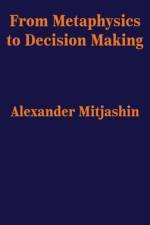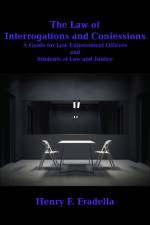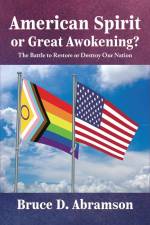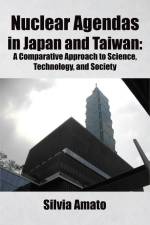- An Introduction
av Julian Young
1 161
What is postmodernism -- postmodernism as philosophy -- and what should we think of it? The first eight chapters of Julian Young's new book examine the thought of key postmodernist philosophers: Lyotard, Deleuze, Foucault, Baudrillard, Derrida, Vattimo, Rorty, and Judith Butler. In the final chapter, Young turns to the question of what makes them "postmodernists." His conclusion is that postmodernism is best thought of as composed of two elements: "descriptive postmodernism" and "normative postmodernism." Descriptive postmodernism is the sociological thesis that in the middle of the twentieth century a rupture occurred in Western society that was sufficiently radical to differentiate "modernity" and "postmodernity" into two different historical epochs. What defines our new epoch is, above all, the loss of "grand narratives" -- or, as Nietzsche called it, "the death of God." Normative postmodernism is the view that we should accept, even celebrate, our "postmodern condition." With some exceptions, postmodernist philosophers subscribe to both the descriptive and the normative theses. Young argues that while descriptive postmodernism presents an essentially true account of our current cultural condition, that condition is a pathological development in the history of the West. Since postmodern philosophy welcomes the condition it, too, he concludes, is a pathological development. Grand narratives are something we need, so we should not celebrate their loss. Postmodernists, in Young's assessment, use obscure and fuzzy language. Generally hailing from literary rather than philosophical backgrounds, their commentators are often even more obscurer and fuzzier. Writing as a philosopher, Young attempts to subject the postmodernists to philosophical standards of cogency and clarity.





